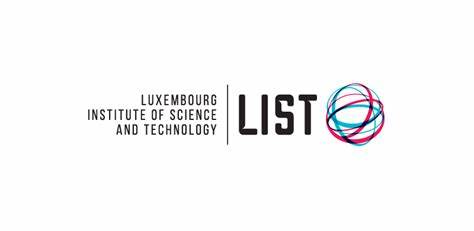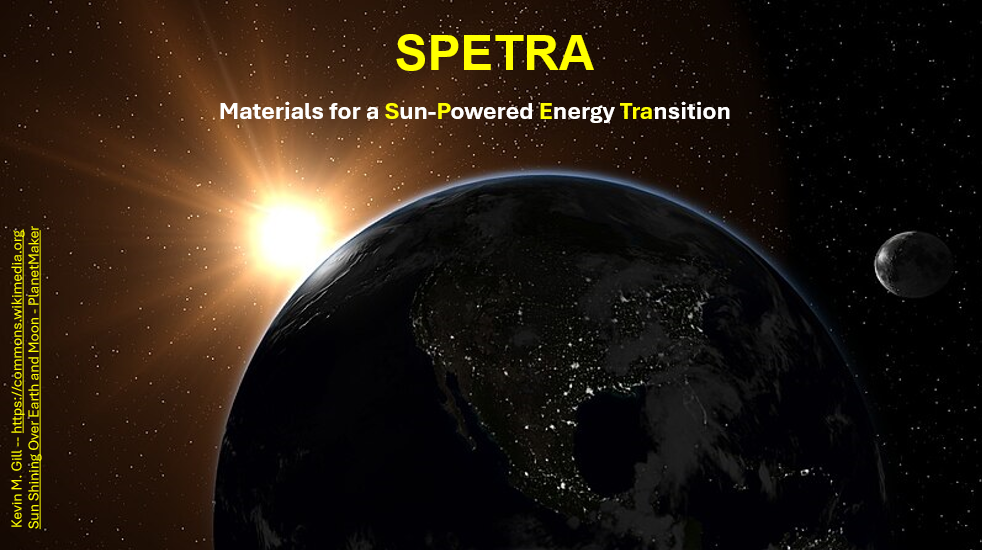The project at a glance
About
It is widely recognized that a rapid transition from fossil fuels to renewable energies is critical for reducing greenhouse gas emissions and ensuring a habitable planet. It is also widely accepted that the increased use of solar energy is the most effective option.
We know that photovoltaics must play a central role in the energy production, and that renewable “green hydrogen” is urgently needed as a fuel in sectors where electrification is not viable (e.g., heavy transportation). We also know that our ability to tackle the climate challenge will depend on the discovery or optimization of materials that enable an efficient sunlight-to-energy conversion and production of green hydrogen. Ultimately, it all relies on basic physical and chemical processes by which sunlight is captured by suitable materials that allow to either transform it into electricity directly or use it to power clean processes, such as the production of green hydrogen from water.
SPETRA will run 8 cutting-edge research projects aiming exactly at that: the discovery and optimization of materials and physical/chemical processes that allow us to make the most of solar energy, thus enabling a sun-powered energy transition. To do this, we have assembled a team of experts from the University of Luxembourg and the Luxembourg Institute of Science and Technology, who possess the complementary equipment and skills needed to tackle this challenge. We will explore the most advanced photovoltaic materials for a direct sun-to-electricity conversion (4 projects), as well as alternative strategies that may allow us to create even more efficient solar panels by also making use of the heat generated by sunlight (2 projects). Additionally, we will study approaches to obtain hydrogen from water via chemical reactions (and novel catalytic materials) that we will optimize so sunlight boosts their efficiency (2 projects).
Partners
This project is a collaborative effort between the University of Luxembourg (Unilu) and the Luxembourg Institute of Science and Technology (List) supported by the Fonds National de la Recherche (FNR).



Image by Kevin M. Gill – Courtesy of Wikimedia Commons (Link)
